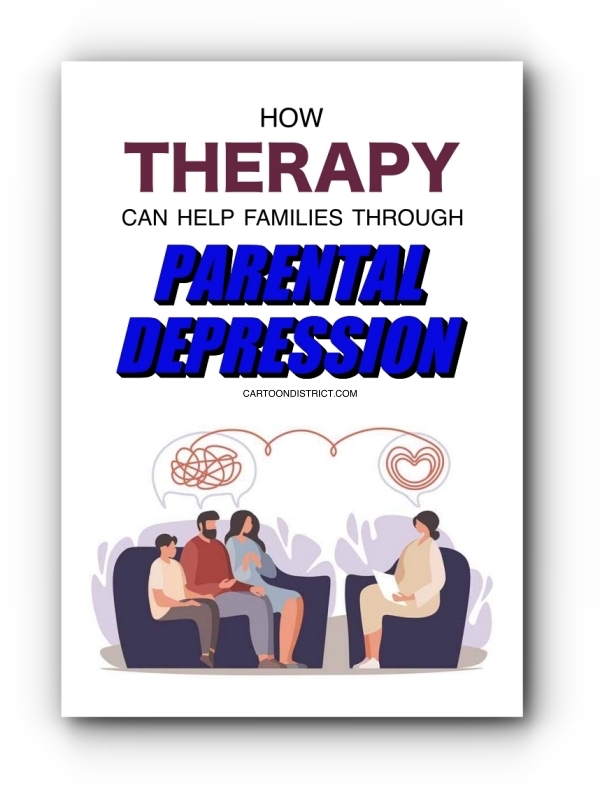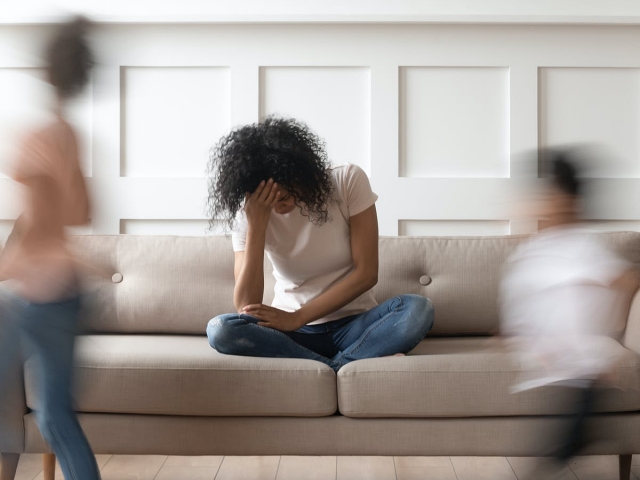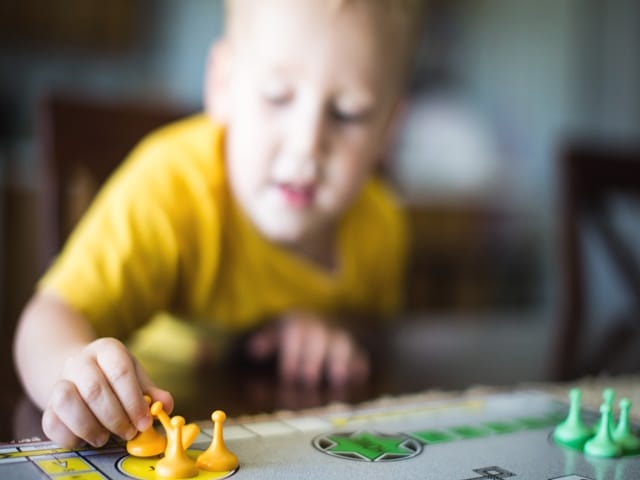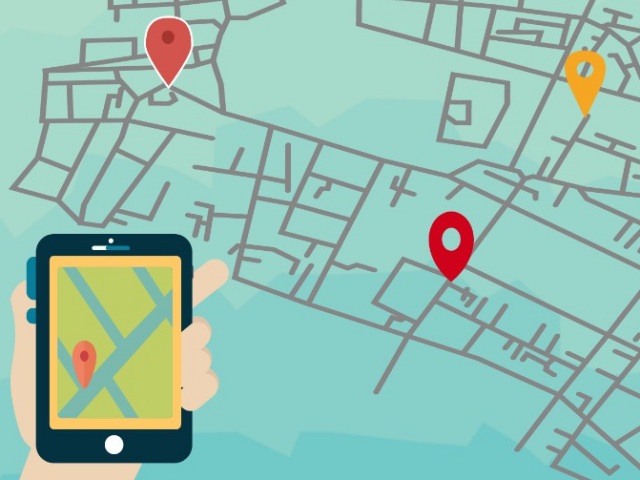How Therapy Can Help Families Through Parental Depression
As stigmas about therapy and mental health continue to be challenged and treatment becomes increasingly available, it’s becoming more acceptable to reach out for help regarding your feelings and challenges. However, it can be significantly difficult for a parent to reach out – a packed schedule, the concern for their child and partner’s well-being, and shrinking personal time can all contribute to the aversion of a therapy appointment.

It’s incredibly important to know that parental depression and adult mental health isn’t just a problem you can put to the side, pinning it for later. As a central part of the family, your emotions and actions affect the lives of those you care for. In order to help others, it’s important to help yourself as well.
What is Parental Depression?
Parental depression is about more than just an adult with children that are working through their mental health conditions. Parental depression directly affects the family and children, including a sudden lack of interest in spending time with family, avoidance of your children, and a drastic change in parenting behavior.

It’s already incredibly important for parents to take time to focus on their personal health needs. With packed schedules and tiny humans to guide, it can feel like there’s little to no time in the day, week, or month to mentally regroup. However, without acknowledgment and treatment of the possible development of mental health conditions, parental depression can increase the risk of a lack of motivation, hopelessness, and other negative emotions and viewpoints.
How Parental Depression Affects Children
Parental depression often directly affects your regular parenting duties and your child’s needs. Without motivation and interest, it can affect the care and responsiveness of your children. Parents working through mental health conditions may neglect their child at times, fall short on errands, or even bring their children to school late or with missing items like lunch or homework.

A young child will not be able to understand the deeper workings of their parent’s condition, which can lead to developmental problems for them as well. There’s a common saying that children are like sponges, they tend to soak up what’s around them. In a similar sense, it’s common for children with neglectful or distant parents to be reserved, irritable, and sometimes scared. The lack of a nurturing environment directly affects their ability to develop and learn.
Finding a Personal or Family Therapist
Through online resources like BetterHelp, parents have the ability to consult a professional on the early signs and symptoms of parental depression. Online therapy has become a crucial resource for parents that need a flexible time to sit down over the phone or video chat and talk about their emotions and struggles. With advancements in technology, availability, and affordability, finding a mental health professional is a fast and easy process that can help to quickly identify problem areas.

You don’t have to go in alone, either. Having a mental health condition doesn’t make you unfit to be a parent, just like having a broken hand wouldn’t make you unfit to be a writer. These conditions take time and effort to heal and treat; this often requires a strong support system to surround yourself with as you start the journey to find help. There are many professionals that offer family counseling in addition to one-on-one sessions, giving you the opportunity to have your partner or children exposed to the benefits of mental health support. It’s important to work together as a unit to improve your mental health; as such, it also shows your children that it’s ok to reach out for help and to turn toward a trusted group for assistance.

Marie Miguel has been a writing and research expert for nearly a decade, covering a variety of health-related topics. Currently, she is contributing to the expansion and growth of a free online mental health resource with BetterHelp.com. With an interest and dedication to addressing stigmas associated with mental health, she continues to specifically target subjects related to anxiety and depression.






